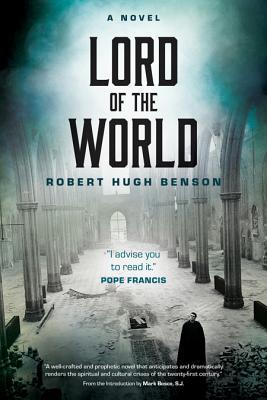 Lord of the World by Robert Hugh Benson
Lord of the World by Robert Hugh Benson Publisher: Ave Maria Press (2016 - original 1907)
eARC (352 pages)
Via: NetGalley
Rating:
Reading Challenges: Read 2015
Synopsis
In an airplane news conference on his return from the Philippines in January 2015, Pope Francis mentioned Robert Hugh Benson’s Lord of the World and said, “I advise you to read it.” It wasn’t the first time the Holy Father had praised the book since becoming pope. This 1907 futuristic narrative has been hailed as the finest work of this unsung, but influential author and son of the Archbishop of Canterbury whose conversion to Catholicism rocked the Church of England in 1903. The compelling book includes a new introduction, a biography of Benson, and a theological reflection.
Popular young adult books such as The Hunger Games and Divergent, as well as literary classics such as Walker Percy’s Love in the Ruins and Cormac McCarthy’s The Road, have created a growing interest in dystopian novels. In one of the first such novels of the twentieth century, Robert Hugh Benson imagines a world where belief in God has been replaced by secular humanism. Lord of the World describes a world where Catholics are falling away and priests and bishops are defecting. Only a small remnant of the faithful remains. Julian Falsenburg, a mysterious and compelling figure arises, promising peace in exchange for blind obedience. Those who resist are subjected to torture and execution. Soon the masses are in Falsenburg’s thrall and he becomes leader of the world. Into this melee steps the novel’s protagonist, Fr. Percy Franklin. Dauntless and clear-sighted, Franklin is a bastion of stability as the Catholic Church in England disintegrates around him. Benson’s harrowing plot soon brings these two charismatic men into a final apocalyptic conflict.
With an imagination to rival H. G. Wells and theological insight akin to G. K. Chesterton, Benson’s astute novel has captured the attention of many today, including Popes Benedict and Francis. This new edition makes it easily available and features an insightful introduction by Rev. Mark Bosco, S.J., a brief biography of Benson by Martyn Sampson, and a theological reflection by Rev. Michael Murphy, S.J.
Find the book: Goodreads, Amazon
My Review
This book is pretty amazing. It was originally written in 1907 but is so appropriate today. I first wanted to read this book when I heard that Pope Francis recommended it. I am so glad I read this one.
This book takes place in a dystopian present (it was the future in 1907 though!). The world looks different than it does now simply because Robert Hugh Benson had no idea where technology would go. The telegraph is still a pretty important part of information transfer in this book.
Percy Franklin is a Catholic priest in a world where humanism is the guiding belief. Those who are religious in any way are persecuted for their faith. Euthanasia is readily available and commonplace in this world. Everything is secularized and man is the epitome of evolution.
Father Franklin is working as hard as he can to save souls and keep the world from devouring his religion. The battle he is fighting seems to be a losing battle when Julie Felsenburgh, a mysterious American, manages to broker world peace.
Felsenburgh is anti-anything-resembling-true-faith. Instead, Felsenburgh is a leader of secular humanism. After world peace is established, he is hailed as the savior of the world and the expression of the divine human.
All of this is directly opposed to the Catholic Church, the only Christian denomination left in existence. The humanistic society is reframing all religious thought around Felsenburgh while the Church can do little to combat it.
Father Percy Franklin is thrown into this mix with his brilliant mind and his uncanny resemblance to Julian Felsenburgh. Something is going to happen and these two men are likely to head the opposing sides.
This novel is so apropos for today’s world where being a Catholic is such a hard thing. It is amazing to think that this book was written in 1907 when it is so appropriate to today’s world.
I loved this book much more than I thought I would and even though the ending was horribly abrupt, I have no idea how else it could have ended. This is a great book and I am so thankful that Pope Francis recommended it which then made me aware of it.

I received this book for free from the publisher via NetGalley for
review consideration. This in no way affects my opinion of the title
nor the content of this review.

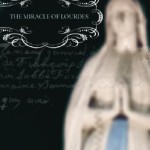
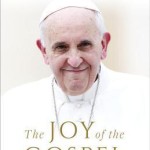
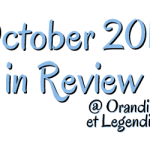
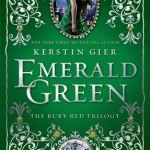
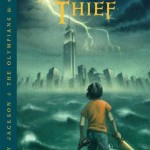
Leave a Reply